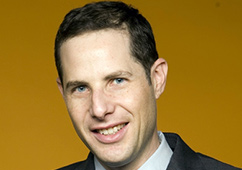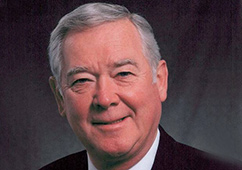Overview
Northwestern’s Master of Science in Project Management (MPM) program synthesizes essential concepts of development, design, and construction practices for the built environment with functional concepts of management and behavioral science. The program is founded on a multidisciplinary approach that prepares qualified professionals for project management roles in the diverse cross section of organizations that facilitate the design, construction, and operations of projects in the public and private market sectors.
Jump to a Section
Program Goals
The MPM program seeks to develop early to mid-level professionals into versatile and technically oriented individuals with a working knowledge of project management skills. Our students will graduate with the skills necessary to direct major projects in today’s increasingly complicated global construction market, outcomes that will facilitate their advancement in the corporate structure. We prepare our students to:
- Integrate technical and business skills to address the complex challenges of development, design, and construction today’s built environment.
- Manage the project teams that operate within architecture, engineering, construction, building operations, and real estate development and management organizations.
- Leverage the latest technology for project management and execution.
Curriculum
A series of core courses emphasizes management techniques that are useful in planning, coordinating, controlling, and evaluating the activities of diverse specialists within the framework of a civil engineering project. These courses are supplemented by specialized courses and electives that strengthen management skills, expand technical proficiency, and allow the student to tailor the program to their area of interest.
Specialization Areas
The MPM program offers five specialization areas that enable students to tailor their program of study depending on their interest and experience. The five general specialization areas are:
- A/E/C Business Management
- Construction Management
- Real Estate Development
- Sustainability
- Transportation Management
Learn more about specializations
View all course options
Electives
Further encouraging our students to embark on intellectual exploration, the MPM program also permits students to choose electives from selected courses in other McCormick departments and other Northwestern schools, including:
- Department of Civil and Environmental Engineering
- Department of Industrial Engineering and Management Sciences
- Kellogg School of Management
- Northwestern's School of Communication
Faculty
The MPM program’s faculty consists of leading practitioners whose wealth of professional experience and familiarity with current trends and challenges enable them to provide MPM students with cutting-edge approaches to solving even the most complex project management problems.








